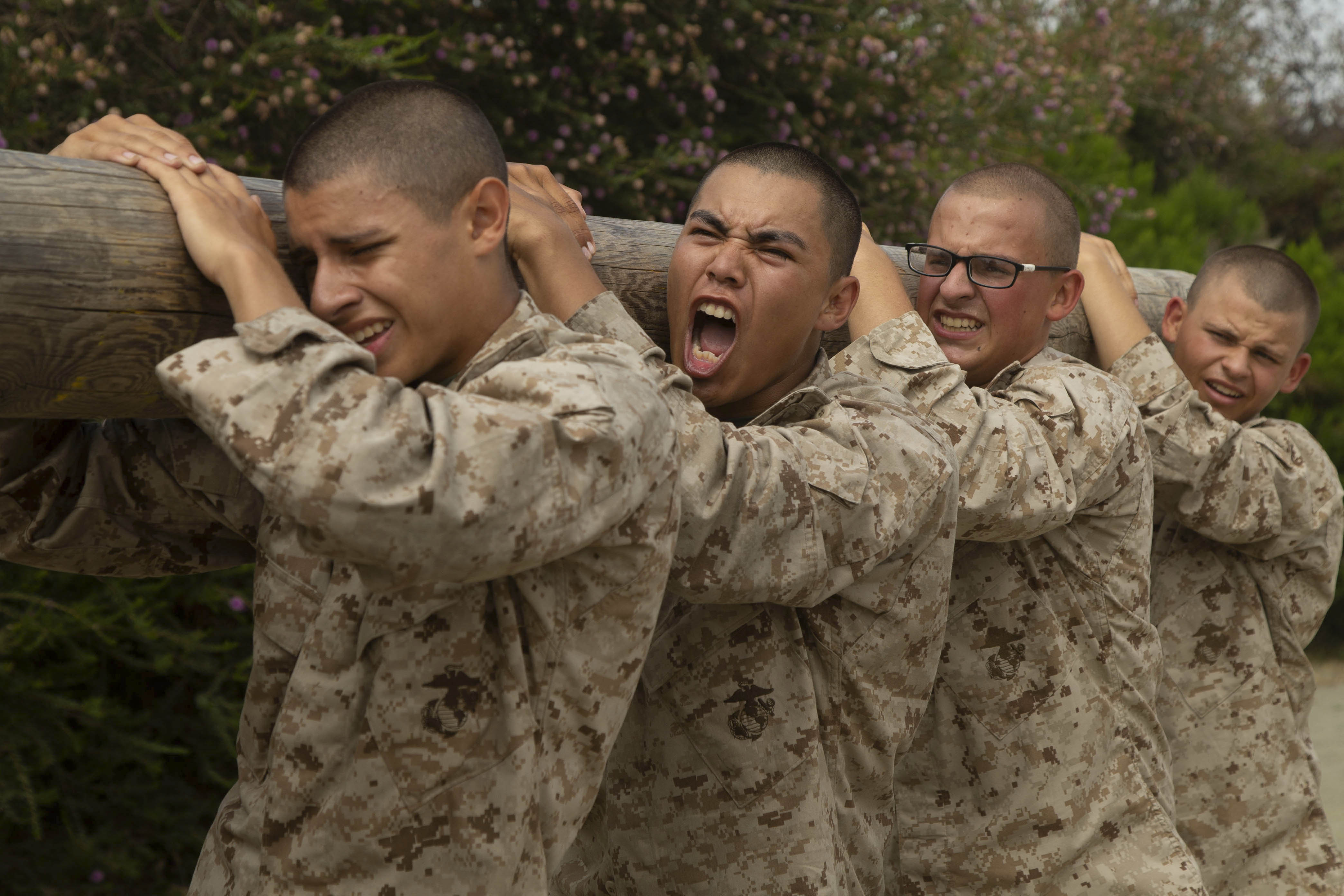
I was in a meeting the other day. A community colleague, who supports veterans in applying for their disability, was talking about veterans who came into his office with bad paper. He said these veterans are often told by their chain of command that their negative discharge will be automatically updated within six months. The problem is, the folks telling service members what will happen after the military have never been out of the military. It’s hard to consider what it will be like outside the machine when you’re inside the machine.
When a service member leaves the military, we may leave with some preconceived notions about how things are going to be when we get out. “Everything’s great, I’m gonna go to school” is a common one. For many years, service members were told how marketable their skills were, how much in demand their service is to hundreds of employers lining up to hire them. Unfortunately, these preconceived notions can solidify into mindsets that can hinder growth after the military.
Too much of one mindset or another isn’t beneficial. In working with veterans in a clinical setting, I see a range of mindsets that exhibit the extreme on both ends of a spectrum. One of the two I see most of are those veterans who have an overinflated sense of pride, bordering on arrogance, related to their military service, and those that have a level of humility that borders on dismissiveness. The other I see is a sense of entitlement, which is counterbalanced by a veteran’s invalidation of their service and rejection of those things that they earned. Neither extreme is healthy; balance in each mindset is key.
Be Not Too Proud…
We all know that veteran. The one who thinks that the highlight of their life happened when they were 23. I often describe it to veterans as the high school football star who relives the glory days of a long-forgotten season. Defined as “a feeling of deep pleasure or satisfaction derived from one’s own achievements, the achievements of those with whom one is closely associated, or from qualities or possessions that are widely admired,” too much pride in our military service can be detrimental. It can serve to widen the gap between those who have served and those who haven’t, rather than diminish it.
We can appreciate our military service, and even be proud and appreciative of our accomplishments, but being too proud can be counterproductive. No one wants to hear someone brag incessantly about their accomplishments. If your favorite subject is you, and what you’ve done, then relationships are going to be challenging.
…Nor Be Too Humble
Unfortunately, the opposite of pride is such extreme humility that a veteran downplays their accomplishments. This is something that I certainly experienced in the military. “Just doin’ my job” was a common theme; success is attributed to the team, failure is claimed by the individual. Another colleague of mine observed that many veterans have a disjointed sense of arrogance; what others may see as a healthy amount of satisfaction with our efforts, some veterans see as that “too much pride” described above.
We tend to sell ourselves short, dismiss our own accomplishments in the light of the accomplishments of others. I get it, talking about yourself may be uncomfortable, but it may also be holding you back. An early 20th Century journalist, Damon Runyon, often said, “He who tooteth not his own horn, the same shall not be tooted.” Fancy talk, sure, but he’s trying to tell us that, if we don’t acknowledge our own accomplishments, then no one else will, either.
No One Owes Us Anything…
Ah, the good ol’ sense of entitlement. Thousands of words have been written about it. “Some vets think the world owes them everything.” That’s true…there are many veterans who expect their service to mean something more than it actually does. The belief that, just because they served in the military, that it gives them special dispensation to act the way they want. This question thread on Quroa demonstrates the issue; the question of why some veterans act entitled is a fair one. Thinking that the world owes us anything and that we no longer have to work for what we get is a limiting mindset. When we don’t get what we think we’re entitled to, we open ourselves up to bitterness and disappointment.
…But We Earned What We Get
On the other hand, I’ve seen many veterans who reject any type of support they are offered. They believe in the myth of limited resources, and that accepting the benefits that they earned will take those resources from someone else who needs it more. You have a long line of hungry people at an all-you-can-eat buffet, urging others to go in front of them. And, of course, there are those entitled veterans who will overload their plates with more than they need. A vet that dismisses their earned support are those that wouldn’t say crap if they had a mouth full of it…which leads to challenges later on down the line. Again, this might be an extreme reaction to not wanting to be seen as an entitled veteran. The extreme opposite of anything, however, is also an unsustainable extreme.
Finding Balance is Key
Like in everything else…work, play, emotions, thoughts…balance in these mindsets is essential. If we have too much pride, or too much humility, then our needs are not going to be met. Pride will drive people away from us, and extreme humility will cause others to dismiss us in the same way that we dismiss ourselves. A sense of entitlement could cause us to use more resources than we deserve, but a sense of invalidation could resulting us not using those resources available to us. Learning how to be appreciative of our accomplishments, but not to proud, and accept those resources available to us, but not feel entitled to them, can help us find the stability in our post-military life that we’re looking for.
Want to keep up with all of the Head Space and Timing content? Subscribe Here

The Head Space and Timing Blog is supported by the Colorado Veterans Health and Wellness Agency, a 501(c)3 Nonprofit in Colorado Springs, Colorado. The goal of the CVHWA is to provide military culturally competent mental health counseling to veterans and their spouses, regardless of characterization of discharge, time of service, or era of service. Our vision is to assist veterans to identify and remove barriers to their mental, physical, emotional, and behavioral wellness. For questions or inquiries, contact us!


